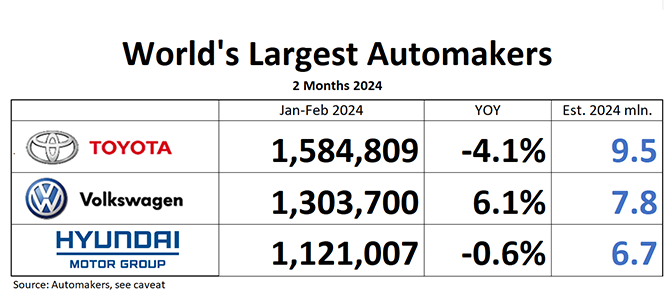
The European Commission has announced a significant policy shift, granting automakers an additional three years to meet stringent CO₂ emission targets initially set for 2025. This move comes amid mounting pressure from the automotive industry, which has been grappling with the rapid transition towards electrification and the associated compliance challenges.
Under the revised framework, car manufacturers now have until 2028 to align their fleets with the mandated CO₂ emission reductions. This extension aims to provide the industry with “breathing space” and greater clarity, as stated by European Commission President Ursula von der Leyen. The proposal, scheduled for formal presentation on March 5, requires approval from both the European Parliament and the Council of the European Union.
The original regulation, known as the Emission Performance Regulation 2019, set ambitious targets for reducing CO₂ emissions from new passenger cars and light commercial vehicles. Specifically, it mandated a 15% reduction by 2025 and a 37.5% reduction by 2030, relative to 2021 levels. Non-compliance would result in substantial fines, calculated at €95 per gram per kilometre of excess emissions per vehicle.
Automakers have expressed concerns over the feasibility of meeting these targets within the original timeframe, citing factors such as supply chain disruptions, technological hurdles, and the pace of consumer adoption of electric vehicles . The extension is expected to alleviate some of these pressures, allowing manufacturers to better strategize their transition towards greener technologies.
Despite the extension, environmental advocacy groups have raised alarms about potential delays in achieving the EU’s broader climate goals. They argue that prolonging compliance deadlines could undermine efforts to reduce greenhouse gas emissions and combat climate change. However, the Commission maintains that the overall emission reduction targets remain unchanged, emphasizing that the extension merely adjusts the compliance timeline to reflect current industry realities.
In addition to the extension, the Commission is set to introduce measures aimed at boosting demand for EVs within the EU. These measures include incentives such as toll exemptions for zero-emission heavy-duty vehicles and initiatives to enhance the accessibility and convenience of EV charging infrastructure. The goal is to address the decline in EV sales observed in 2024, attributed in part to limited charging facilities and the abrupt termination of subsidies in key markets like Germany.
The Commission plans to implement requirements for increased local content in battery production and automotive components. This move seeks to bolster the EU’s competitiveness in the global EV market, particularly against rivals from China and the United States. By encouraging local production and technological collaboration, the EU aims to strengthen its automotive industry’s resilience and innovation capacity.
The proposal also outlines conditions for foreign investments in the European automotive sector, ensuring that such investments align with the EU’s strategic interests and contribute positively to its industrial landscape. This approach reflects a broader trend towards safeguarding critical industries while promoting sustainable economic growth.
The automotive industry has responded to the extension with a mix of relief and caution. While the additional time provides a buffer against immediate compliance challenges, industry leaders acknowledge the need to accelerate the development and deployment of low-emission technologies. The extension is viewed not as a reprieve from environmental responsibilities but as an opportunity to recalibrate strategies for a successful transition to sustainable mobility.
Shares of major European automakers, including Volkswagen, Renault, BMW, and Mercedes-Benz, experienced notable increases following the announcement. This market reaction underscores investor optimism regarding the industry’s capacity to adapt to evolving regulatory landscapes and consumer preferences.
The Commission’s proposal represents a delicate balancing act between environmental imperatives and industrial realities. By granting the extension, the EU acknowledges the complexities inherent in overhauling a sector as significant and multifaceted as automotive manufacturing. At the same time, it reaffirms its commitment to achieving long-term sustainability goals, signaling that flexibility in timelines does not equate to a dilution of environmental standards.
Arabian Post – Crypto News Network



